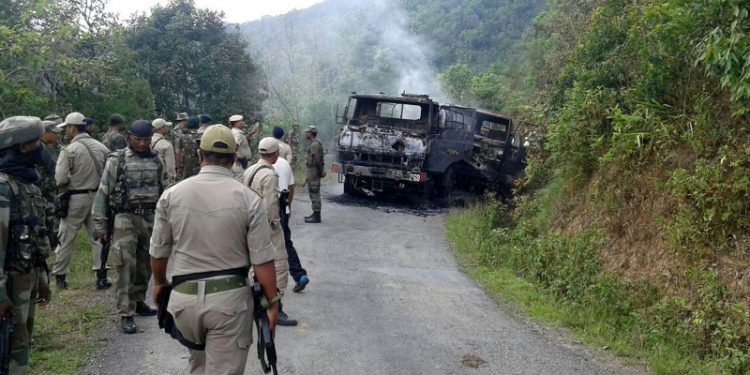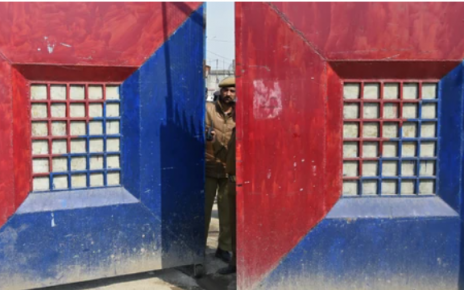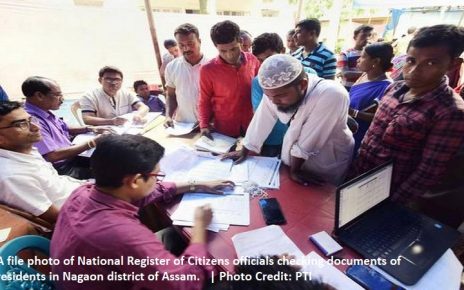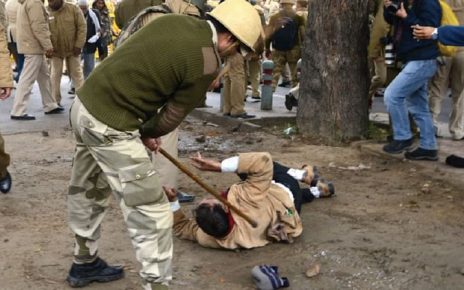Northeast Now
01 November 2020
Maximum cases of rape by Armed forces were reported from Assam followed by Manipur
A total of 3,070 people were killed in the conflict-affected areas in Northeast between 2009 and 2019, said National Campaign Against Torture (NCAT) in its report.
According to the report titled, “India: 20 Years Of UNSC Resolution 1325”, a total of 9,448 people were killed in conflict areas from 2009 to 2019 including 3,747 persons in the LWE affected areas, and 2,631 persons in Jammu and Kashmir.
The report cited at least 114 reported cases of rape, molestation and other forms of sexual violence against women and girls perpetrated by armed forces of the Central government as well as the State governments in conflict situations in India.
The maximum cases were reported from Assam (21) followed by Manipur (18), Chhattisgarh (17), Jammu & Kashmir (16); Tripura (14); Jharkhand (7) and Meghalaya (6); Arunachal Pradesh (6); Odisha (5); Andhra Pradesh (3) and Maharashtra (1).
A total of 224 women and girls were victimized and the maximum number of victims were reported from Chhattisgarh (92 victims); Assam (26 victims); Manipur (21 victims); Jammu & Kashmir (20 victims); Tripura (19 victims); Andhra Pradesh (16 victims); Jharkhand (nine victims); Meghalaya (seven victims); Arunachal Pradesh (seven victims); Odisha (five victims); and Maharashtra (two victims), the report said.
The violence against women included 42 cases of gangrape, six cases of murder, three cases of rape of pregnant women, four cases of rape of differently-abled, three cases of being shot dead for resisting molestation and rape, attempt to rape, stripping, molestation, etc. often perpetrated during counter-insurgency operations, NCAT further said.
Minor girls were particularly vulnerable to sexual violence and 74 out of the 224 total victims constituting 33 percent were minor girls between 7 -17 years.
Tribal women and girls were disproportionate victims as 156 out of the 224 total victims constituting 69.6 percent were tribals, NCAT said.
“The perpetrators of sexual violence against women by the state actors included persons serving with the Indian Army, Central Reserve Police Force (CRPF), Sashastra Seema Bal (SSB), Indo-Tibetan Border Police (ITBP), Border Security Force (BSF), Assam Rifles (AR), Indian Reserve Battalion (IRBN), Jammu and Kashmir Light Infantry (JKLI), the State police, Greyhounds Special Police of Andhra Pradesh, Special Police Officers (SPO), Jharkhand Armed Police (JAP), State Police Commandos, Manipur Rifles, Tripura State Rifles (TSR), and the Special Operation Group (SOG),” the NCAT said.
“While India removed the requirement of prosecution under Section 197 of the Criminal Procedure Code for sexual offences under the Criminal Law (Amendment) Act, 2013 as recommended by the Justice Verma Committee, it failed to amend the AFSPA to remove the requirement of prior sanction in cases of sexual violence.
“This implies that for sexual violence committed by the armed forces and the police in areas not covered by the AFSPA, prior sanction is no longer required for prosecution but in the areas which are declared ‘disturbed’ under the AFSPA, prior sanction is still required for prosecution including in cases of sexual offences. This is a constitutional fraud,” said Suhas Chakma, Coordinator of the NCAT.
The NCAT, however, said that armed insurgent groups were also responsible for rape and other sexual violence.
“There were reports of forced marriage and rape in Jammu & Kashmir by the members of armed organisations, mass rape of tribal women by the members of United National Liberation Front (UNLF) in Manipur, killing for resisting rape attempt by the armed groups in Meghalaya; and rape and sexual exploitation by the Maoists,” the NCAT said.
The organisations involved in sexual violence against women included Borok National Convention of Tripura (BNCT), Laskhar-e-Toiba, Hizb-ul-Mujahideen, United National Liberation Front (UNLF), Garo National Liberation Army (GNLA), United Liberation Front of Asom (ULFA), and the Maoists, it said.




